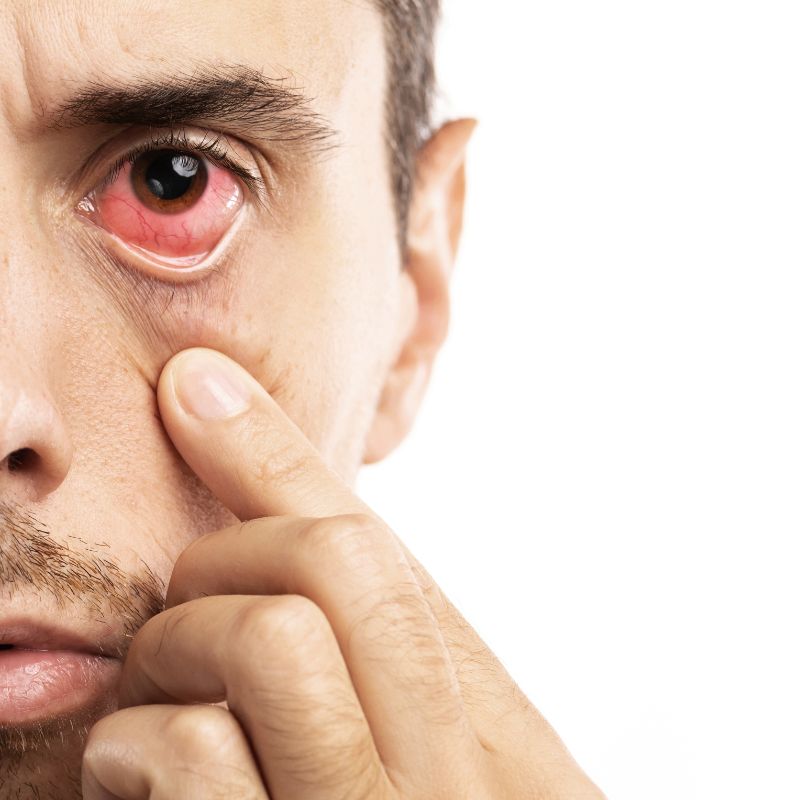
The eyes may become easily damaged due to physical trauma, penetration of foreign objects, or chemicals. When this happens, seeking appropriate medical attention is key since leaving these issues unattended may lead to irreversible vision damage.
The eye is made up of the following structure:
Some of the most common eye emergencies include the following:
An eye injury may not appear to be an emergency right away. However, if you notice any of the following signs, it is important to call your eye doctor immediately:
Depending on the damage extent and the kind of injury suffered, your doctor will help you determine the best treatment for you. These may range from the following:
Following the next steps could help reduce the damage extents in case of an emergency:
To prevent eye injuries from happening, we recommend wearing protective eyewear during any activity that may potentially cause an eye injury, like manual work, cooking, or sports. Also, when handling dangerous chemicals, it is crucial to use safety precautions and read the instructions carefully.
If you are spending time outdoors on a sunny day, be mindful of protecting your eyes from UV radiation by wearing sunglasses. Make sure to take breaks from screen time to rest your eyes.
Lastly, visit your eye doctor regularly for constant check-ups to detect any irregular issues and promptly start a treatment plan.
EyesNY offers multiple treatment options to help patients slow or stop the progression of corneal diseases. Our specialized team of ophthalmologists is ready to assess your needs and give you the high-quality vision care you deserve.
We work with cutting-edge technology to identify the root cause of your condition and create personalized treatment plans. Our caring staff is ready to welcome you and meet your ocular health and vision needs. We offer comprehensive eye care, including eye emergency services.
If you’d like a consultation or more information, contact us or request an appointment online. You can also visit any of our clinic locations around New York, including Malta, Clifton Park, Troy, Saratoga Springs, and Queensbury.
Malta
658 Malta Ave., Ste 101
Malta, NY 12020
Phone: (518) 580-0553
Saratoga Springs
414 Maple Ave Ste 200
Saratoga Springs, NY 12866
Phone: (518) 580-0553
Clifton Park
1712 U.S. 9
Clifton Park, NY 12065
Phone: (518) 580-0553
Queensbury
535 Bay Road
Queensbury, NY 12804
Phone: (518) 580-0553
Troy
2200 Burdett Street Ste 206
Troy, NY 12180
Phone: (518) 580-0553
